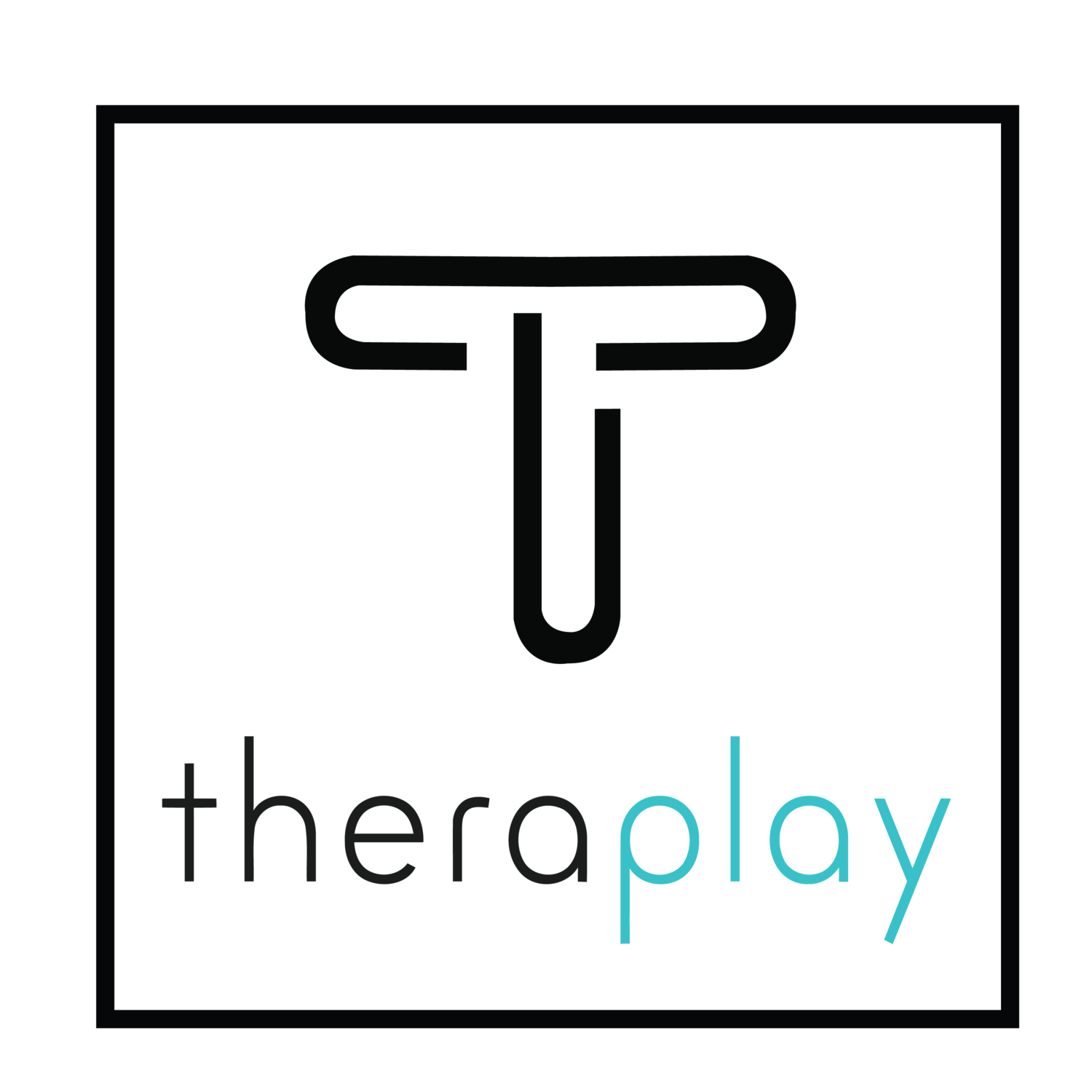Will speech therapy be covered by my insurance?
The answer can still be yes. If you have GREAT health insurance, SOME portion will be covered with SOME providers. However, it will be a challenge to find one. Take us for example, we’ve been in business for over 3 years now and contracts with insurances are becoming less and less available. During the pandemic there was an overall freeze just to get on a waitlist to become an insurance provider, making it very difficulty for small business owners to accept insurance. More and more providers are moving towards a private pay model. From the perspective of a Speech-Language Pathologist (SLP) in Miami, it's essential to understand why providers like me are increasingly hesitant to accept insurance. Here’s why:
Low Reimbursement Rates: One of the primary reasons for providers hesitating to accept insurance is the low reimbursement rates. Insurers often reimburse SLP services at rates significantly lower than what is considered fair and reasonable for the specialized care we provide. This can make it financially unsustainable for SLPs to rely solely on insurance payments.
Complex Billing Procedures: Dealing with insurance billing can be extremely time-consuming and complex. Each insurance company may have different requirements, forms, and procedures for claims submission. The administrative burden of managing these processes can divert time and resources away from patient care.
Delayed Payments: Insurance companies are notorious for delayed payments. SLPs may have to wait for several weeks, if not months, to receive reimbursement for services rendered. This delay can strain cash flow and make it challenging to cover operational costs.
High Overhead Costs: Maintaining a private practice as an SLP involves substantial overhead costs, such as rent, utilities, and equipment. When coupled with the administrative burden of insurance, the return on investment from insurance payments may not justify the associated costs.
Prior Authorization Requirements: Many insurance plans require prior authorization before providing speech therapy services. This means SLPs must go through a time-consuming process to get approval from the insurer before beginning treatment. This can lead to treatment delays and frustration for both providers and patients.
Limited Control over Treatment Plans: Some insurance plans may dictate the type and duration of therapy sessions, which can limit an SLP's ability to provide personalized care tailored to each patient's unique needs. This can be frustrating for providers who want to ensure the best outcomes for their patients.
In-Network vs. Out-of-Network: Some SLPs may choose to go out-of-network with insurance companies because they have more control over their fees and treatment plans. However, this decision can limit access for patients who rely on in-network providers for more affordable care.
Increased Administrative Costs: The administrative burden of dealing with insurance companies, including verifying coverage, submitting claims, and following up on payments, can be costly in terms of time and resources. Smaller practices may find it particularly challenging to manage these administrative tasks efficiently.
Alternative Payment Models: SLPs in Miami may explore alternative payment models, such as private pay, direct billing to clients, or subscription-based services, which can offer more financial predictability and control over their practice.
SLPs in Miami and across the United States are increasingly hesitant to accept insurance due to a combination of low reimbursement rates, complex administrative processes, delayed payments, and limited control over treatment plans. These challenges can make it difficult for providers to offer high-quality, sustainable speech therapy services while relying solely on insurance payments. As a result, many SLPs are exploring alternative payment models to ensure the best possible care for their patients. We understand these services can be costly and it adds up week after week, talk to us about how we can facilitate payment plans or discounted rates.

